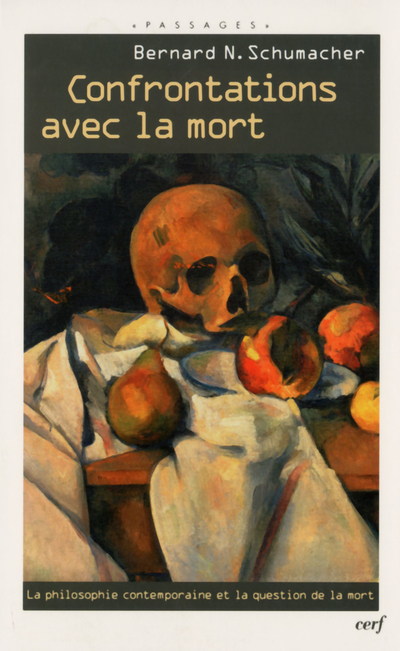L'ouvrage se propose d'analyser ce qu'est la mort de manière systématique à travers les écrits des philosophes contemporains et, plus particulièrement, en faisant dialoguer divers courants, tels la phénoménologie, l'existentialisme et la philosophie analytique. Trois questions fondamentales sont au cœur de la problématique : la nature de la mort, la connaissance de la/ma mort et la question de savoir si celle-ci n'est rien par rapport à nous ou, au contraire, si elle doit être perçue comme un mal. Le problème du mal de la mort est au cœur du débat thanatologique contemporain, même si celui-ci n'en prend pas suffisamment conscience. La plupart des philosophes moralistes de notre temps vont à l'encontre de l'antique sagesse épicurienne qui défendait l'idée que la mort de quelqu'un ne peut pas être considérée comme un mal pour lui. En effet, si l'on désire rendre compte de manière satisfaisante que tuer X est lui faire une injustice, il est nécessaire d'expliquer pourquoi la mort d'une personne est un mal pour elle. C'est ainsi que le présent ouvrage débouche sur une nouvelle réflexion éthique et refonde les études thanatologiques. -- This book analyses death in a systematic manner, through the writings of contemporary philosophers and, more specifically, by creating a dialogue between diverse currents, e.g. phenomenology, existentialism and analytical philosophy. Three fundamental questions lie at the heart of the subject: the nature of death, knowledge of death/my death and the fact of knowing if death is simply nothing in relation to oneself, or, on the contrary, if it should be seen as something bad. The problem of the status of death lies at the heart of a contemporary thanatological debate, even if this is not sufficiently recognised. Most moralist philosophers of our times are opposed to the ancient Epicurean wisdom that defends the idea that a person's own death cannot be considered to be a bad thing for that person. But if we want to explain why it would be an injustice to kill someone, we must explain why the death of an individual is a bad thing for her/him. That is how this book begins a new ethical reflection and builds new foundations for thanatological studies.




